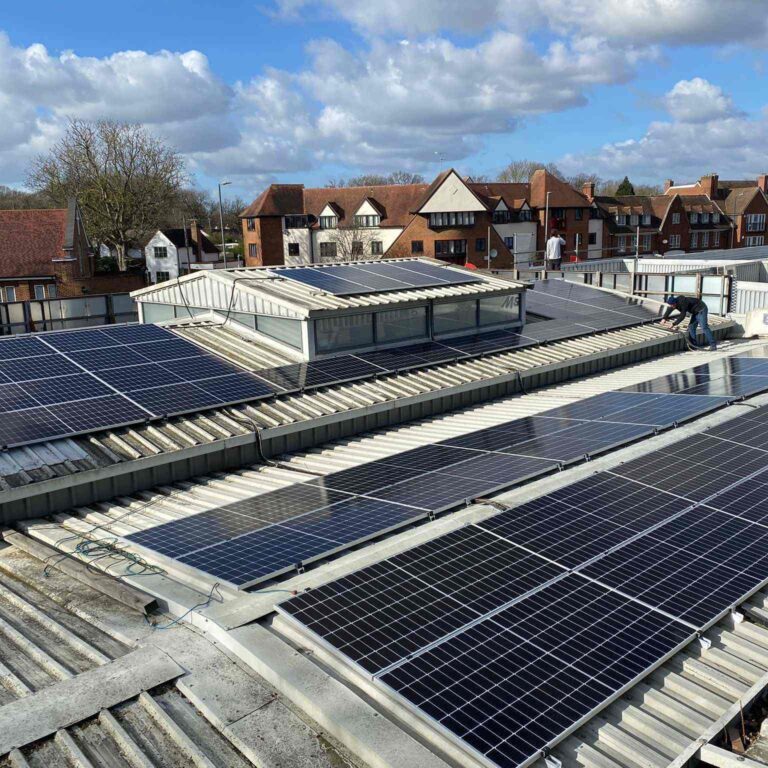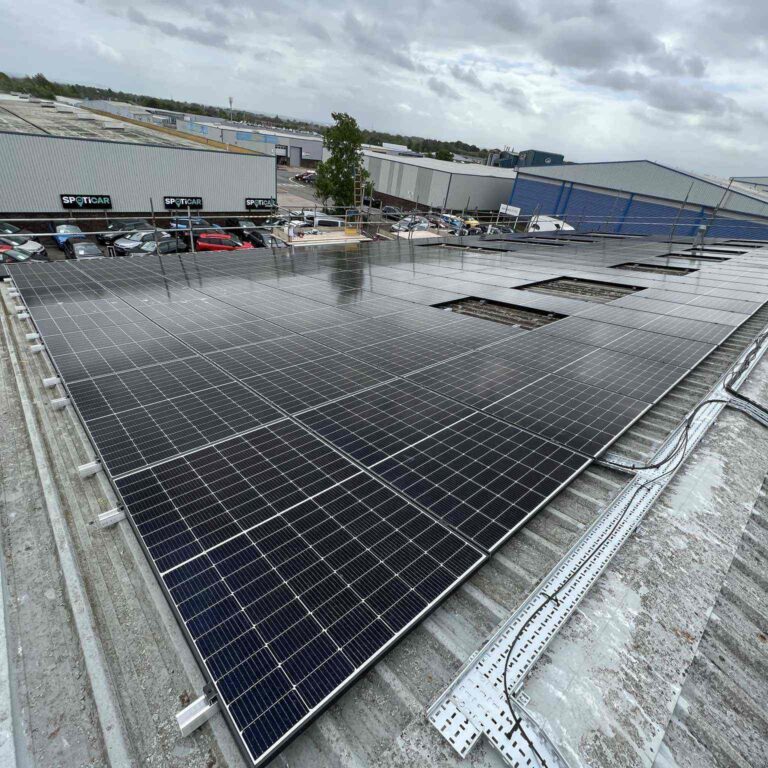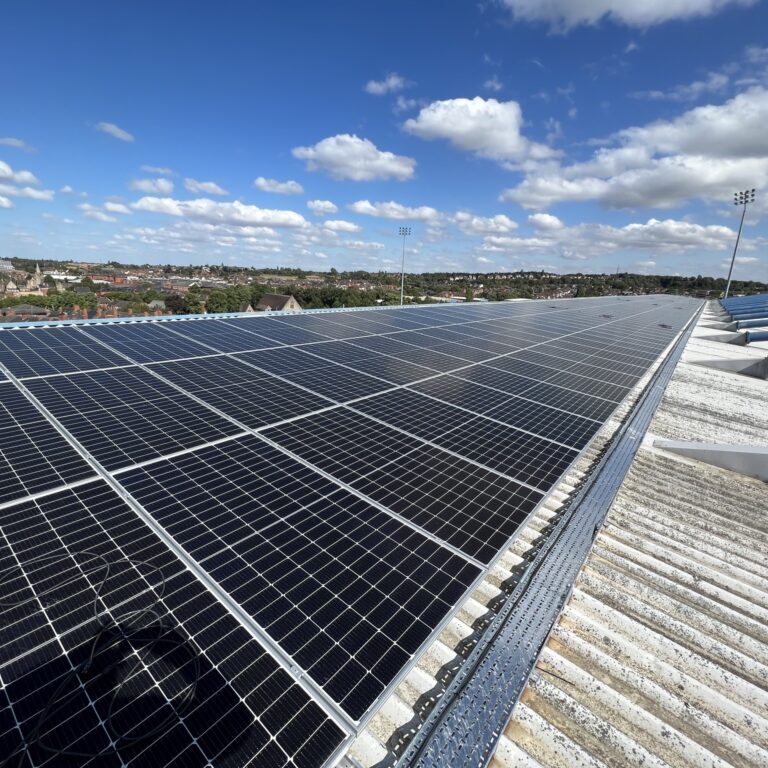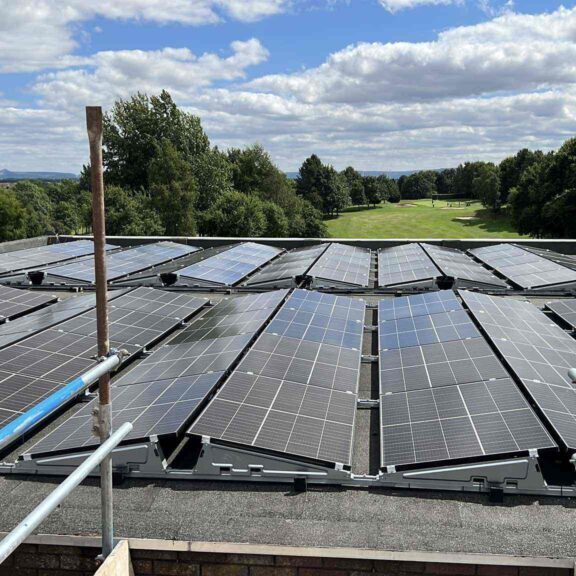In today’s world, where climate change and environmental responsibility are paramount, businesses and organizations are increasingly seeking ways to reduce their carbon footprint. One of the most effective methods for achieving this goal is by adopting PAS 2060, a standard for carbon neutrality. This article explores what PAS 2060 entails, how it can benefit your organization, and why it is crucial for demonstrating a commitment to environmental sustainability.
What is PAS 2060?
PAS 2060, or Publicly Available Specification 2060, is a standard developed by the British Standards Institution (BSI) that specifies the requirements for achieving and demonstrating carbon neutrality. Introduced in 2010, PAS 2060 provides a framework for organizations to measure, reduce, and offset their carbon emissions, thus achieving a state of carbon neutrality.
The primary goal of PAS 2060 is to help organizations manage and reduce their greenhouse gas (GHG) emissions to as close to zero as possible and to offset any remaining emissions through accredited carbon offsetting schemes. By adhering to PAS 2060, organizations can make a credible claim of being carbon neutral.
Why is PAS 2060 Important?
Achieving PAS 2060 certification demonstrates a robust commitment to environmental sustainability and can bring several advantages:
- Enhanced Reputation: Companies that achieve PAS 2060 certification can enhance their reputation by showcasing their dedication to reducing their carbon footprint. This can lead to increased trust and positive perceptions among customers, investors, and other stakeholders.
- Competitive Advantage: In a marketplace where environmental credentials are increasingly important, being PAS 2060 certified can set your organization apart from competitors. It can be a decisive factor for clients and partners who prioritize sustainability.
- Regulatory Compliance: With growing regulations and policies aimed at reducing carbon emissions, PAS 2060 can help organizations stay ahead of compliance requirements and avoid potential penalties.
- Operational Efficiency: The process of achieving PAS 2060 involves evaluating and optimizing your carbon footprint, which can lead to increased operational efficiency and cost savings in the long term.
- Corporate Social Responsibility (CSR): PAS 2060 aligns with broader CSR objectives, demonstrating a commitment to environmental stewardship and contributing to global efforts to combat climate change.
How to Achieve PAS 2060 Certification
Achieving PAS 2060 certification involves several key steps:
- Carbon Footprint Measurement: The first step in achieving PAS 2060 is to measure your organization’s carbon footprint. This involves quantifying the total greenhouse gas emissions associated with your operations, products, or services. The measurement should cover all relevant scopes, including direct and indirect emissions.
- Carbon Footprint Reduction: Once you have measured your carbon footprint, the next step is to implement strategies to reduce emissions. This may involve adopting energy-efficient technologies, improving operational practices, and reducing waste. The goal is to minimize emissions as much as possible before considering offsetting.
- Carbon Offset: After reducing your carbon footprint, any remaining emissions should be offset through accredited carbon offsetting projects. These projects can include reforestation, renewable energy, or methane capture initiatives. The offsets must be verifiable and comply with recognized standards.
- Documentation and Verification: To achieve PAS 2060 certification, you must document your carbon footprint measurement, reduction efforts, and offsetting activities. This documentation should be verified by an independent third-party verifier to ensure accuracy and credibility.
- Public Declaration: Finally, PAS 2060 requires organizations to make a public declaration of their carbon neutrality. This declaration should be transparent and include details of the carbon footprint, reduction efforts, and offsetting measures.
Key Components of PAS 2060
PAS 2060 outlines several essential components that organizations must address to achieve and maintain carbon neutrality:
- Boundary Definition: Clearly define the boundaries of your carbon footprint assessment, including the scope of emissions covered.
- Measurement Methodology: Use recognized methodologies and standards for measuring your carbon footprint, such as the Greenhouse Gas Protocol.
- Reduction Plan: Develop and implement a comprehensive plan to reduce emissions, focusing on areas with the most significant impact.
- Offsetting Strategy: Select and purchase carbon offsets from accredited projects that meet PAS 2060 requirements.
- Communication: Effectively communicate your carbon neutrality status through transparent reporting and public declarations.
The Role of PAS 2060 in Sustainability Strategy
Incorporating PAS 2060 into your sustainability strategy can enhance your organization’s overall environmental performance. Here’s how:
- Strategic Alignment: PAS 2060 aligns with broader sustainability goals and initiatives, helping integrate carbon neutrality into your organization’s overall strategy.
- Stakeholder Engagement: Achieving PAS 2060 certification demonstrates a commitment to environmental responsibility, which can engage and inspire stakeholders, including employees, customers, and investors.
- Risk Management: By proactively managing and reducing your carbon footprint, you can mitigate risks associated with climate change and regulatory changes.
- Continuous Improvement: The process of achieving PAS 2060 encourages continuous improvement in emissions management and sustainability practices, driving long-term benefits.
Common Challenges and Solutions
Organizations may encounter several challenges when pursuing PAS 2060 certification. Here are some common issues and potential solutions:
- Complexity of Measurement: Measuring your carbon footprint can be complex. Solution: Work with experienced consultants or use specialized software to accurately measure and manage emissions.
- Cost of Offsetting: Accredited carbon offset projects can be costly. Solution: Evaluate different offsetting options and select projects that offer the best value and align with your sustainability goals.
- Documentation and Verification: Maintaining thorough documentation and obtaining third-party verification can be challenging. Solution: Develop a detailed documentation plan and collaborate with reputable verification agencies to ensure compliance.
Conclusion
PAS 2060 provides a comprehensive framework for achieving and demonstrating carbon neutrality, offering significant benefits for organizations committed to environmental sustainability. By following the steps outlined in PAS 2060, businesses can reduce their carbon footprint, enhance their reputation, and gain a competitive edge in the marketplace.
Achieving PAS 2060 certification is not just about meeting a standard; it is about making a meaningful commitment to environmental stewardship and contributing to the global effort to combat climate change. For organizations looking to demonstrate their dedication to sustainability, PAS 2060 is a powerful tool for achieving and communicating carbon neutrality.
For more information on PAS 2060 and how it can benefit your organization, contact sustainability experts or certification bodies today. Start your journey towards carbon neutrality and position your organization as a leader in environmental responsibility.



